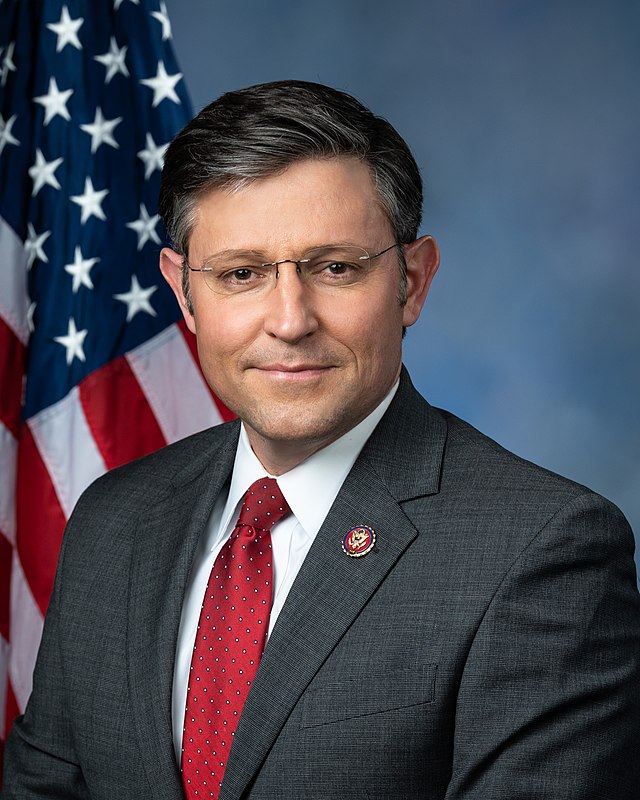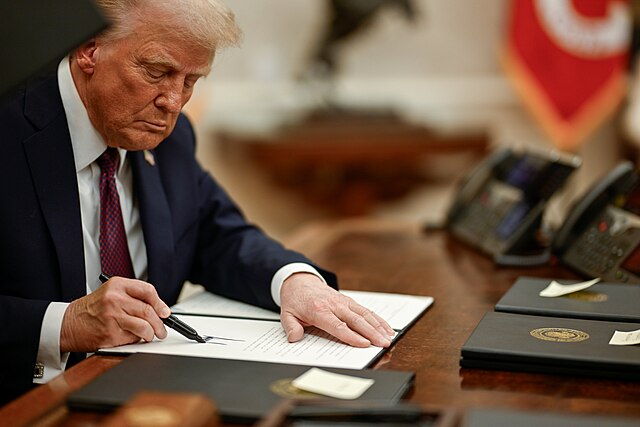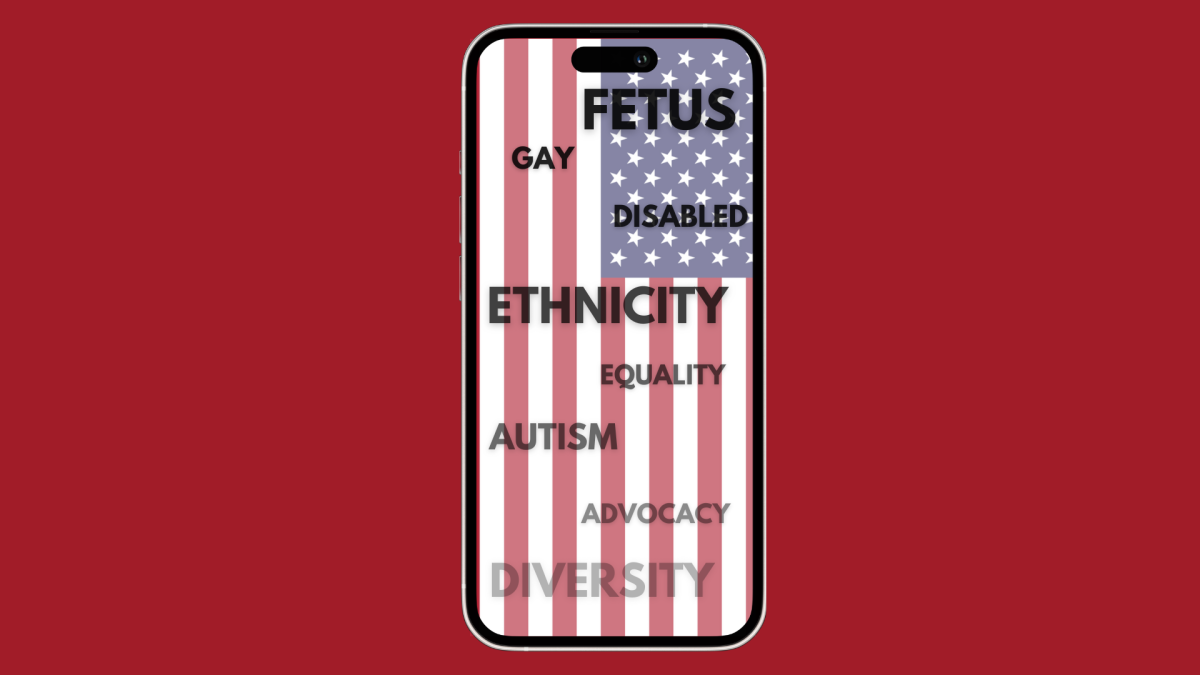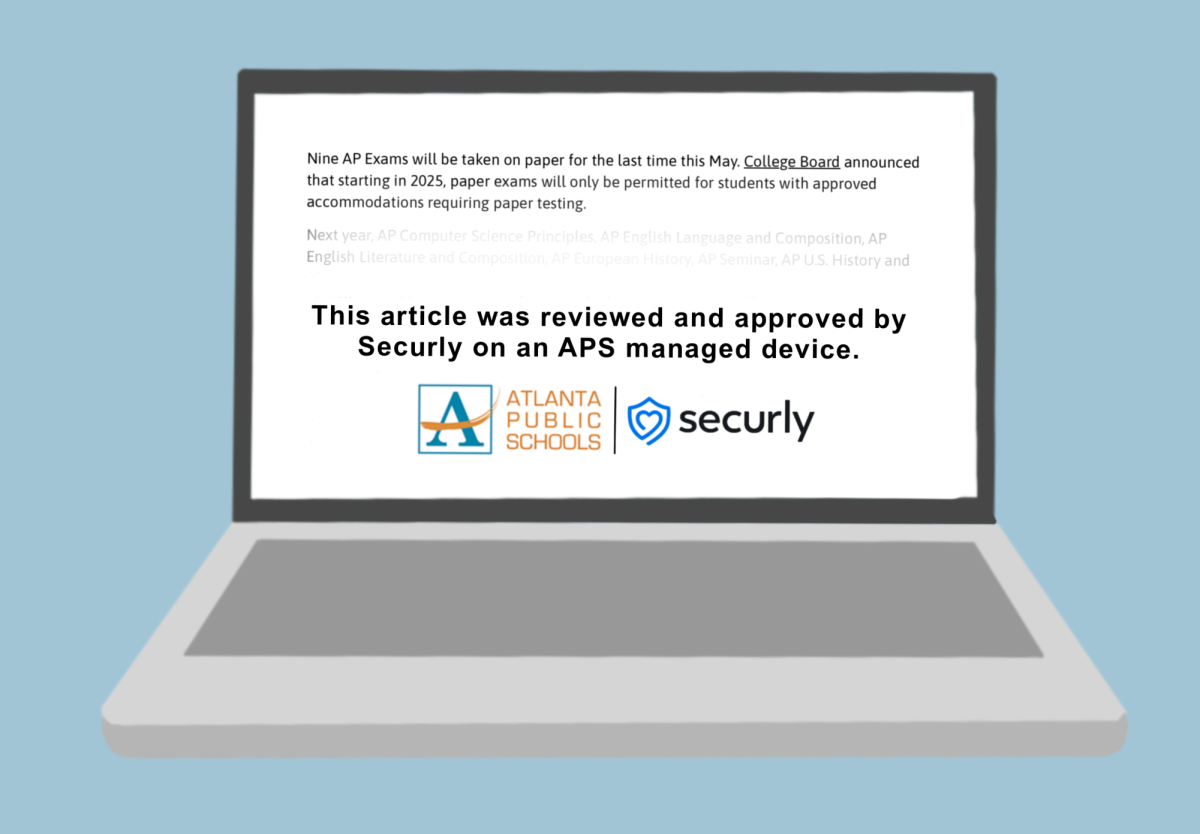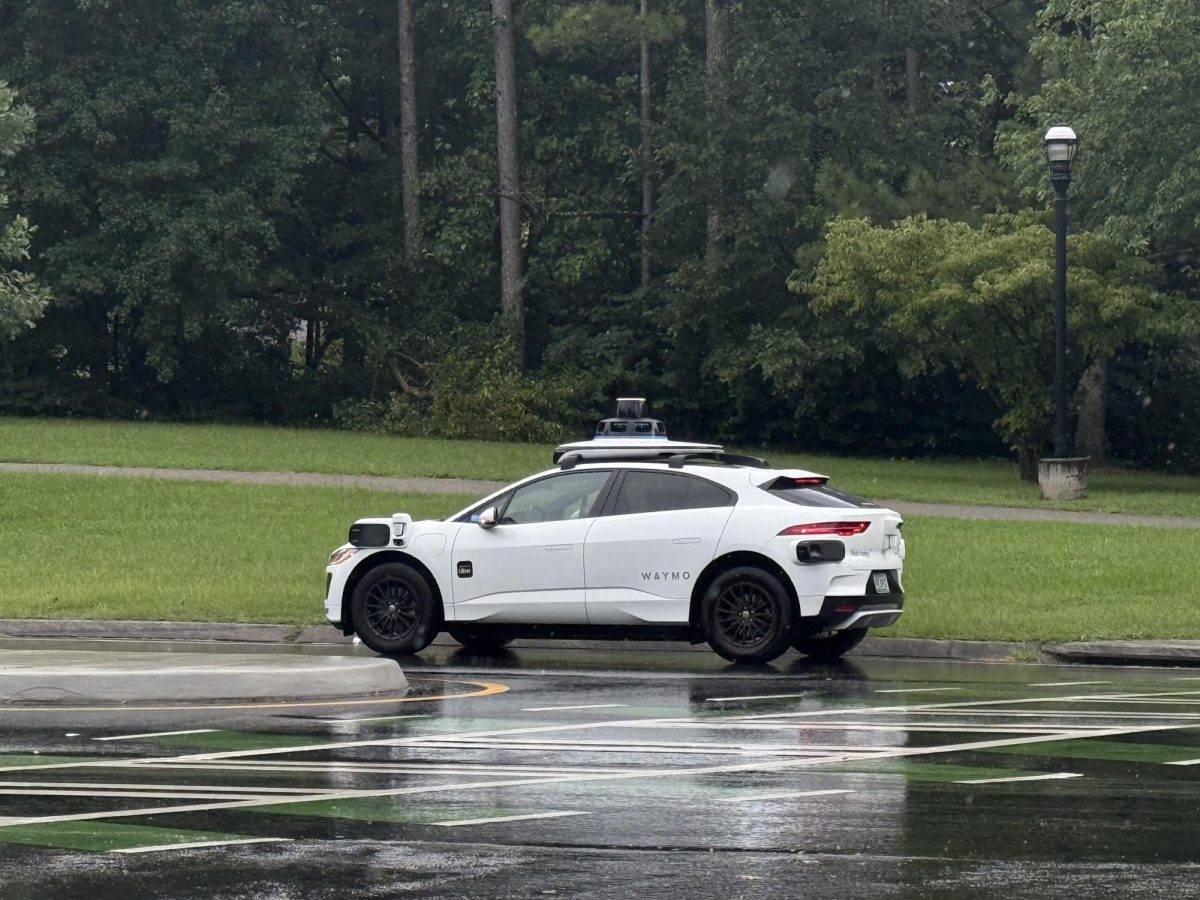After almost three weeks of a stalled House of Representatives, Mike Johnson was elected as the new speaker of the House. Johnson follows previous speaker Kevin McCarthy (R-CA) who had been the leader of House Republicans since 2019, and the speaker of the House since January.
McCarthy’s removal from the position stemmed from his willingness to engage in bipartisan cooperation, postponing a government shutdown, which could have put thousands of Americans out of work and taken away vital support programs, such as SNAP, which provides food stamps to low-income Americans. McCarthy’s bill passed with significant Democratic support, only one Democratic Representative “nayed” the bill, but over 90 Republicans opposed the bill.
At the forefront of these dissenting Republicans were the 36 members of the “Freedom Caucus,” a hardliner Republican group focused on disrupting Congressional action unless it aligns with its agenda, which consists of extremely conservative social and fiscal governmental policies. A prominent member of the Freedom Caucus, Matt Gaetz (R-FL), introduced the motion to vacate McCarthy as speaker, citing McCarthy’s “openness to working with Democrats” as the reason for his outsting.
His successor, Mike Johnson, is an alarming choice, one of the farthest right speakers in the House’s history and an ally to the Freedom Caucus. Johnson’s views and policies are characterized by extremely conservative social and fiscal policies with an ideological basis in Christianity.
He doesn’t believe in the legality of abortion, wants to mandate student-led prayer in public schools and blames the teaching of evolution for mass shootings in schools. The selection of such a far-right speaker illustrates a bigger and more significant issue facing Congress and the spirit of U.S. Democracy: political polarization.
According to Pew Research, in 1994, a majority of Republicans had unfavorable impressions of the Democratic Party, but just 17% had very unfavorable opinions. Similarly, while most Democrats viewed the GOP unfavorably, just 16% had very unfavorable views. Since then, highly negative views have more than doubled: 43% of Republicans and 38% of Democrats now view the opposite party in strongly negative terms.
Political polarization isn’t just an abstract issue; it has tangible consequences. It rewards extreme views and policies, often marginalizing the voices of moderates who are more likely to represent the diverse perspectives of the American populace. As a result, the important problems we face as a nation remain unaddressed and unresolved, leading to governmental gridlock.
The solution to this problem lies in recognizing the destructive nature of political polarization and working to bridge the divides. Our government should function as a system where different perspectives come together to find solutions. Instead, it has become a battleground where ideological party warfare takes precedence over the needs of the American people. The recent battle for House speakership epitomizes the danger of continuous polarization, and it’s time for both parties and America as a whole to recommit to constructive dialogue, compromise, and the pursuit of common ground to rebuild the trust of the American people in our political system.

